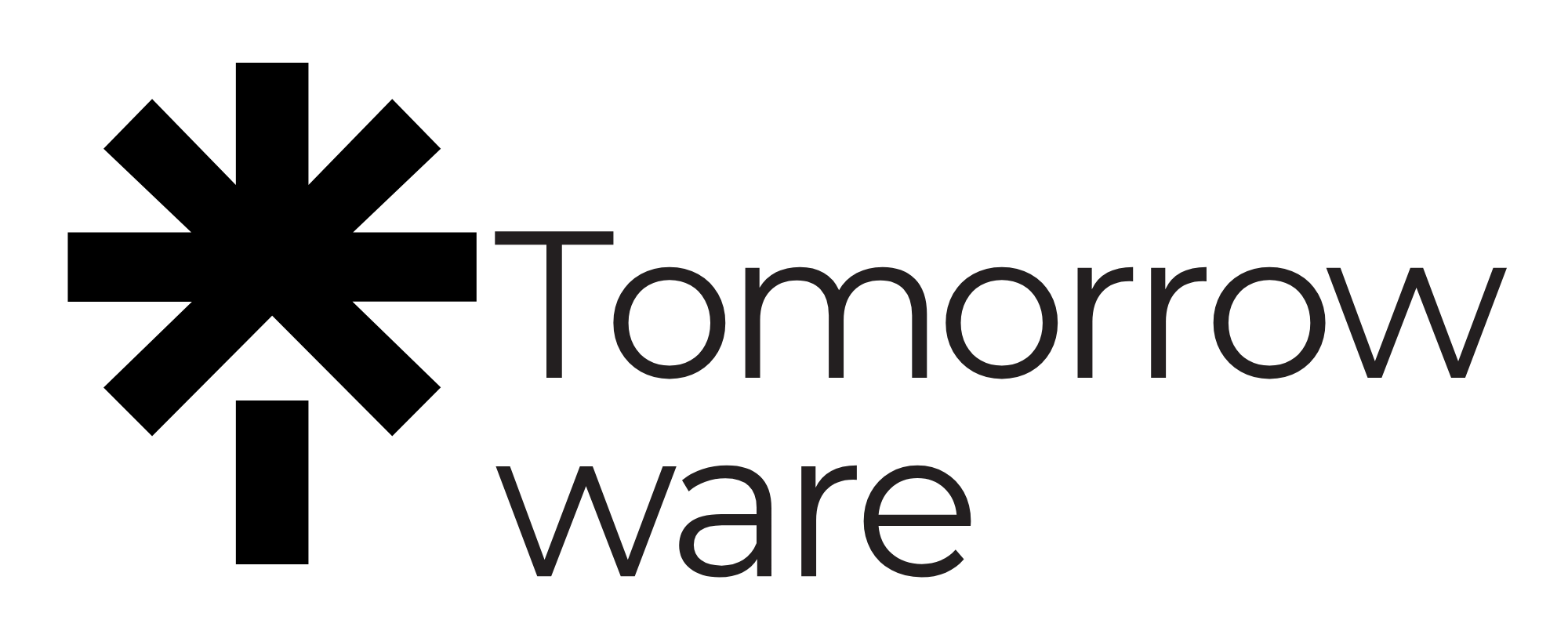In-Depth Review: Comparing the Latest Sleep Tracking Technologies
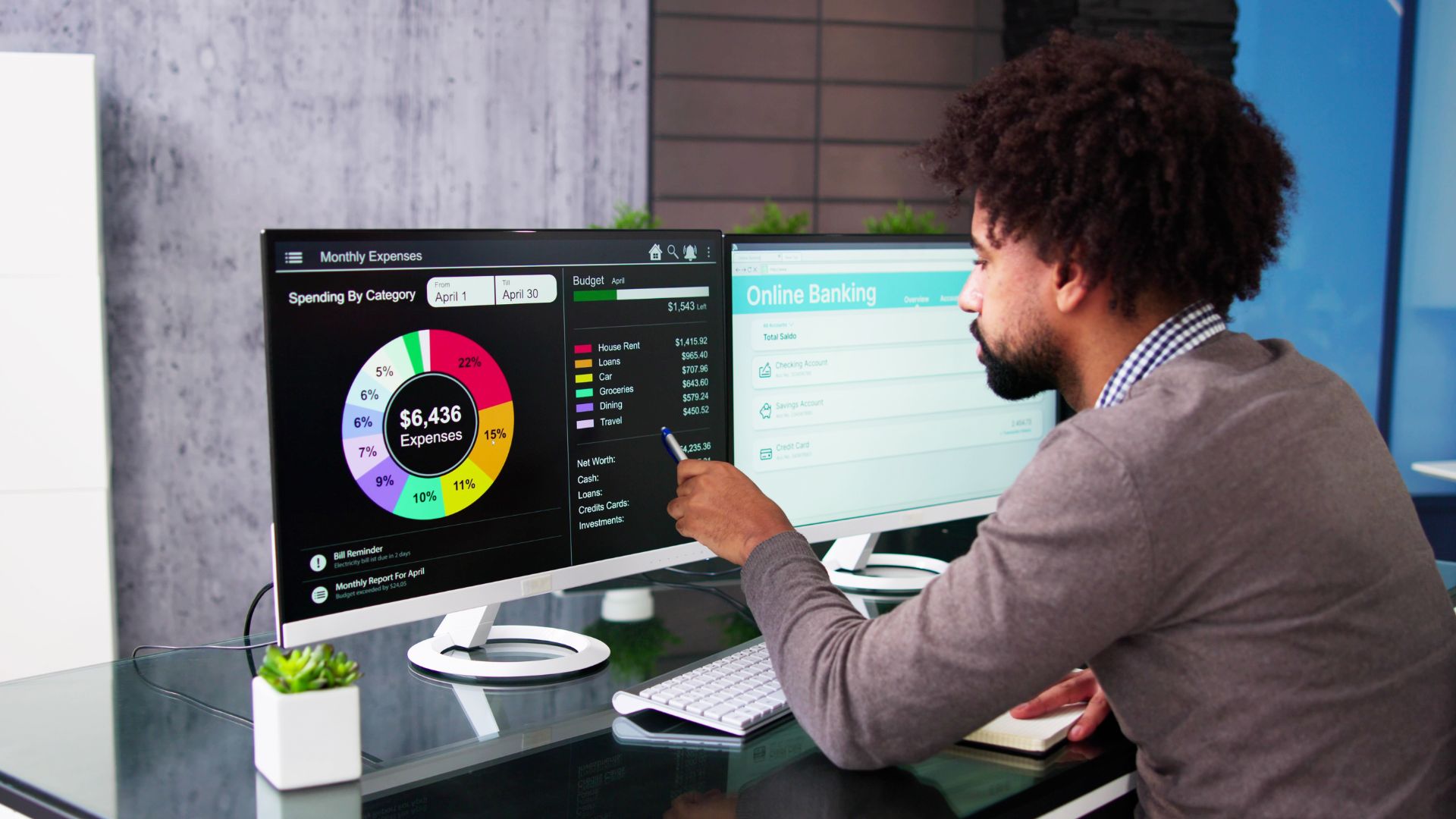
Getting quality sleep is essential for overall well-being, and modern sleep tracking technologies offer deeper insights into sleep patterns, disturbances, and recovery. Here, we compare some of the top sleep tracking wearables of 2024.
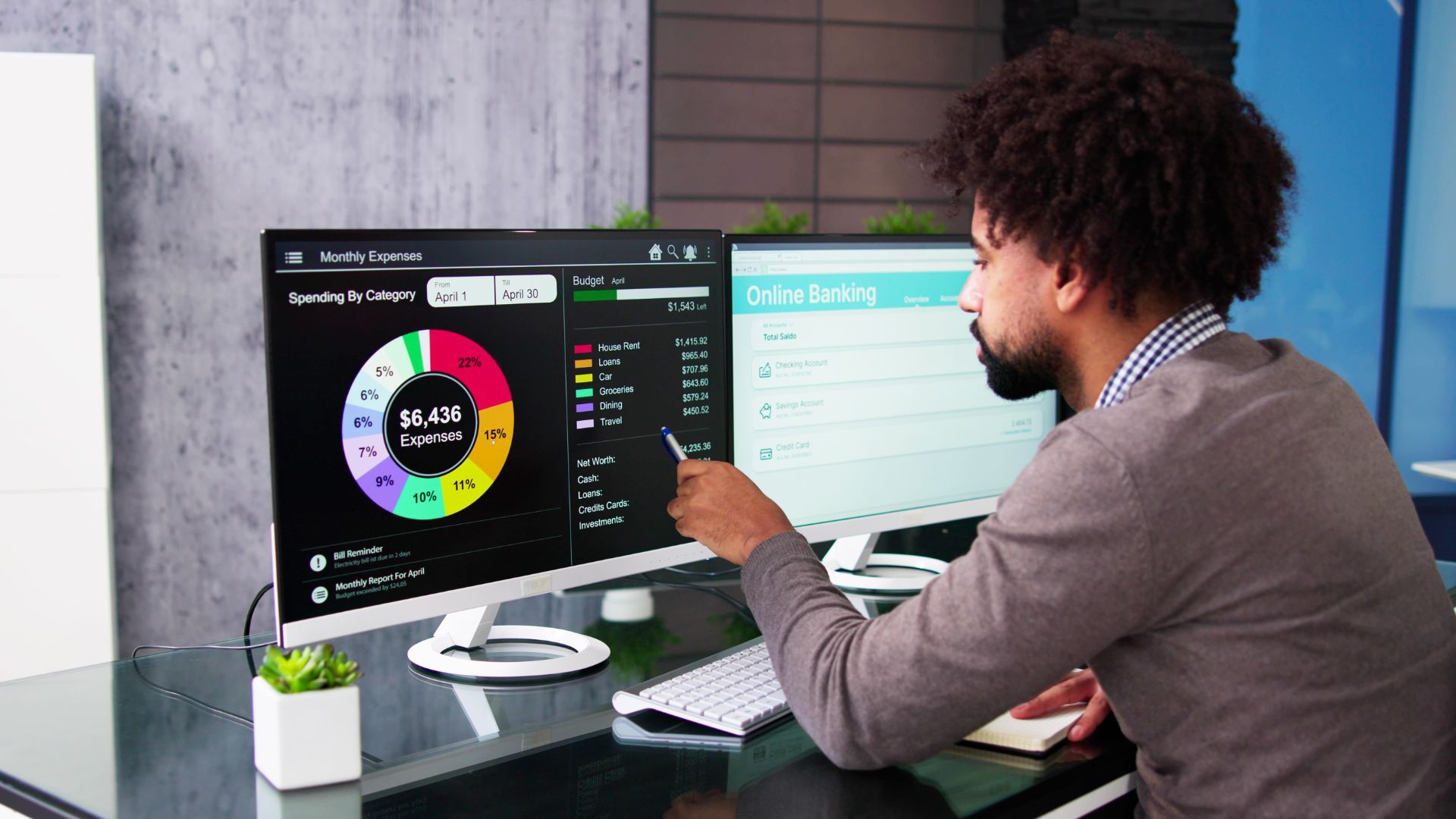
Top Sleep Tracking Devices
- Oura Ring (Gen 3)
- Pros: Compact design, highly accurate sleep analysis, heart rate variability tracking.
- Cons: Expensive compared to wrist-worn trackers.
- Fitbit Sense 2
- Pros: Monitors oxygen levels, sleep stages, and stress response.
- Cons: Some advanced metrics require a premium subscription.
- Withings Sleep Analyzer
- Pros: Non-wearable, placed under the mattress for effortless tracking.
- Cons: Lacks fitness tracking features.
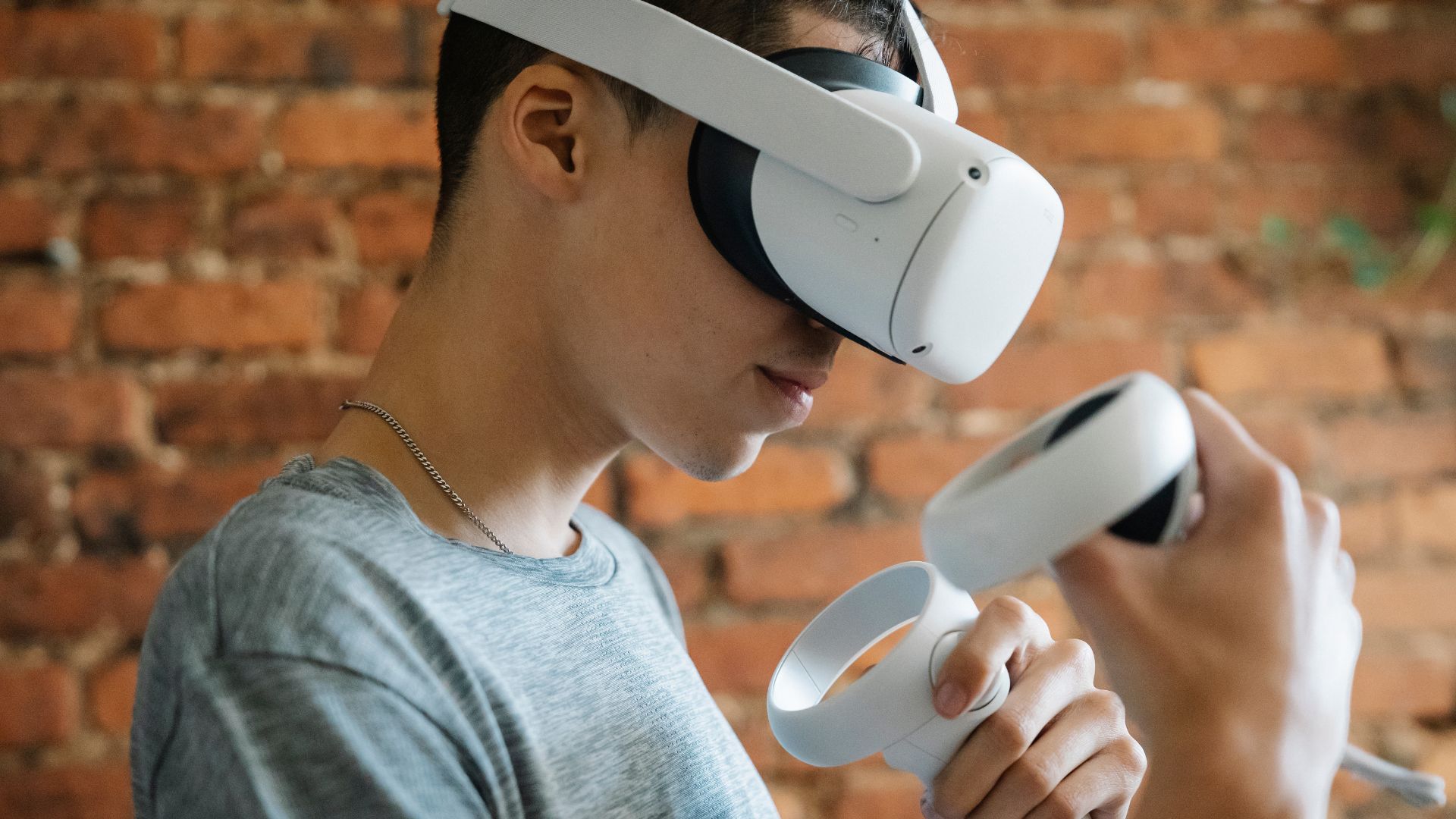
- Apple Watch Series 9
- Pros: Integrates with Apple Health, tracks sleep cycles and respiratory rate.
- Cons: Battery life may require frequent charging.
- Whoop 4.0
- Pros: Focuses on recovery insights, provides personalized sleep coaching.
- Cons: Subscription model can be costly over time.
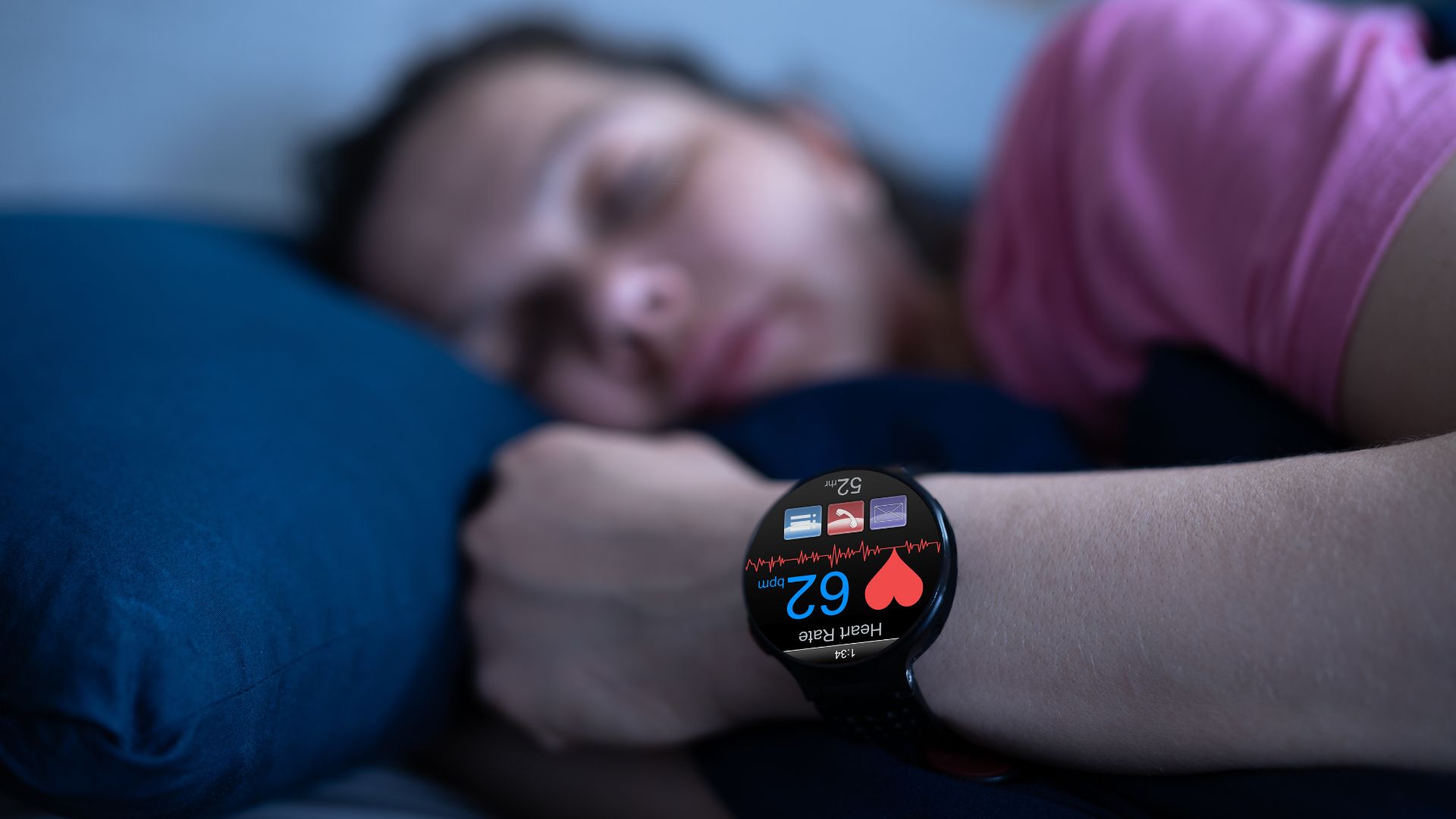
What to Look for in a Sleep Tracker
- Accuracy: Devices that use multiple sensors (heart rate, oxygen levels, movement) provide the best insights.
- Comfort: Wearable trackers should be lightweight, while non-wearables must fit seamlessly into your sleep environment.
- Battery Life: Longer battery life ensures uninterrupted sleep tracking.
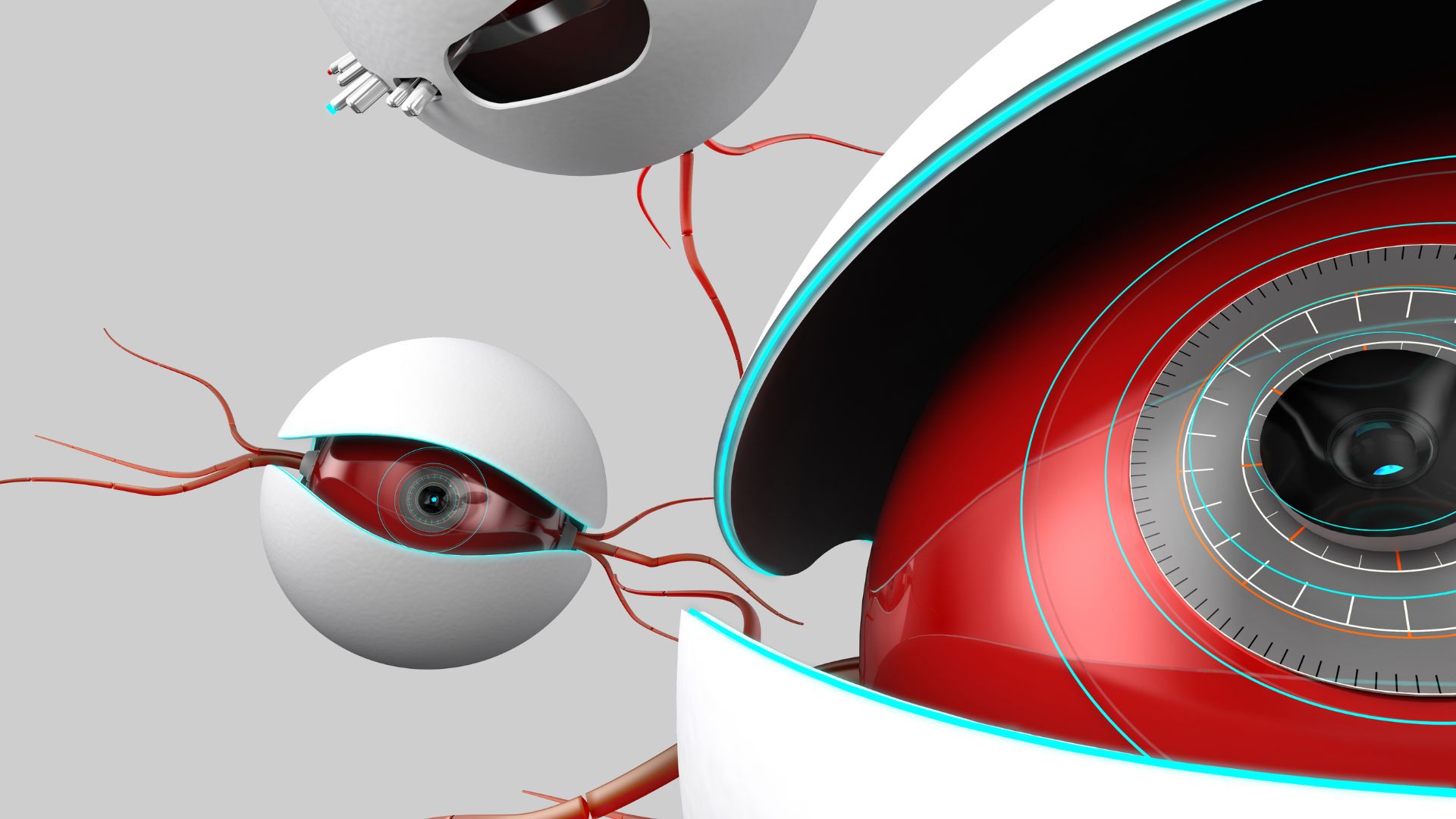
With advancements in sleep tracking, users can better understand their sleep habits, leading to improved rest and overall health.
Newsletter
Every week, we send out latest useful news. Subscribe and get the free newsletter in your inbox.
